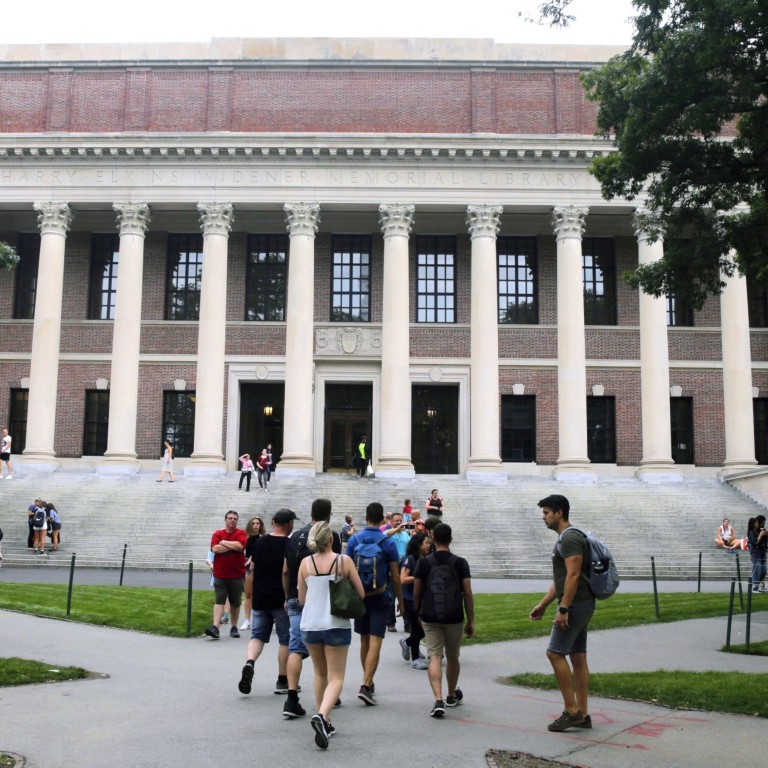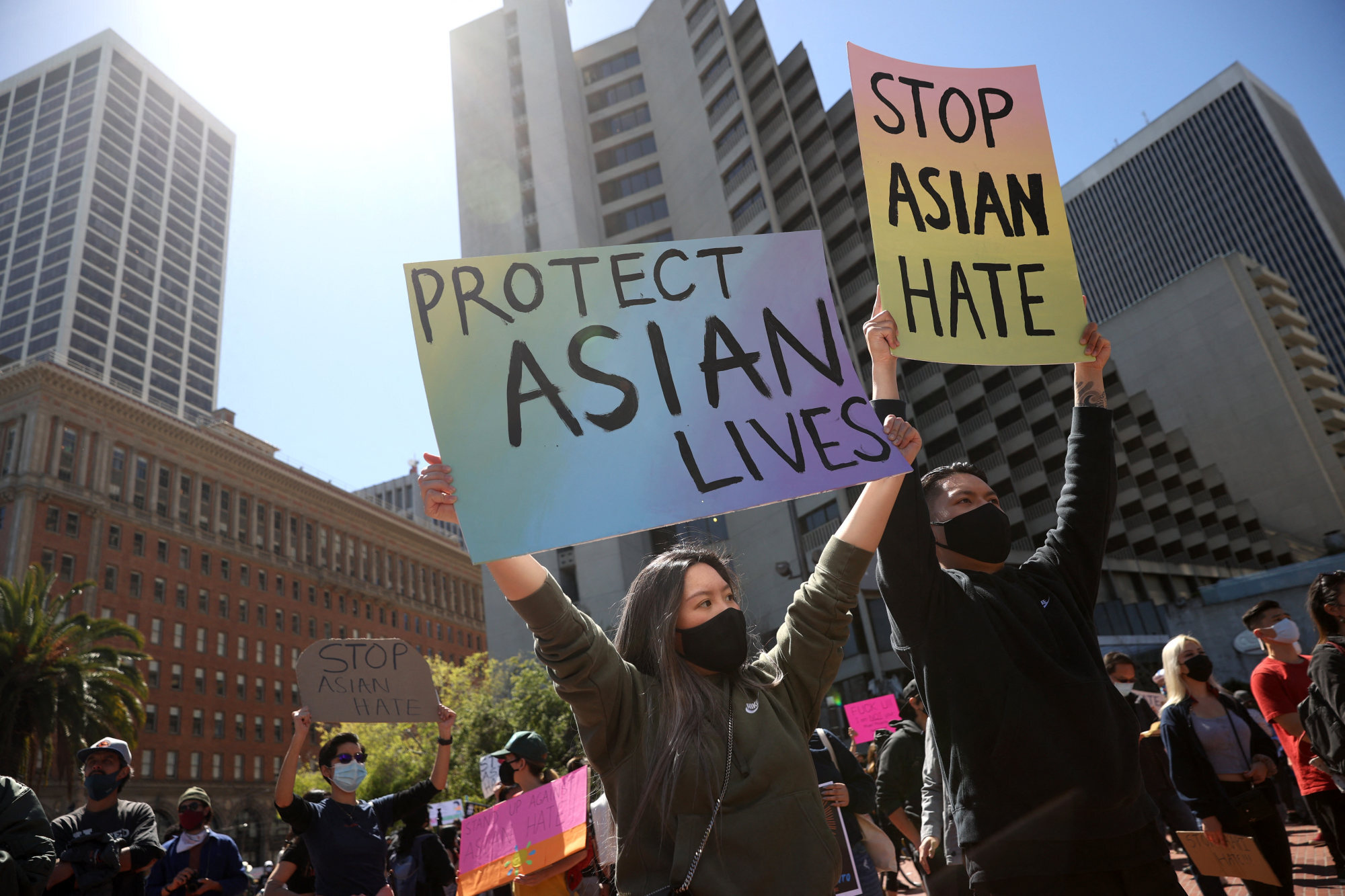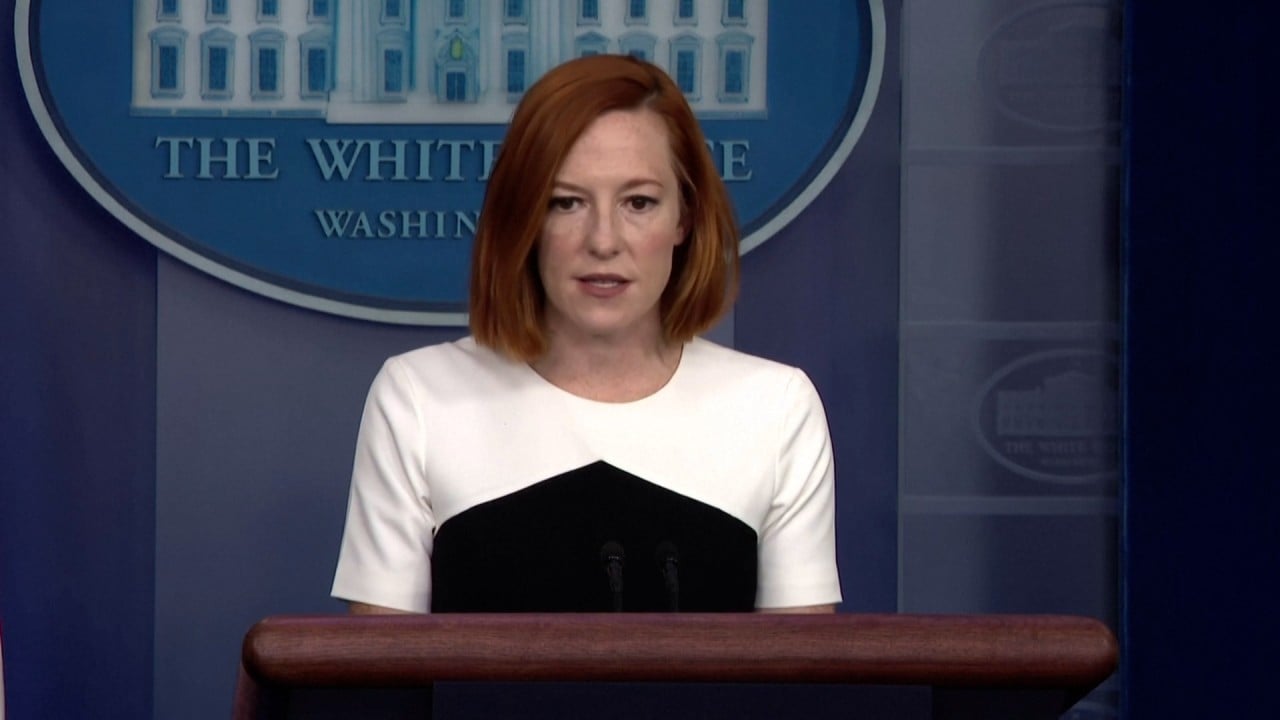
Rise in anti-Asian racism shows why the US needs Asian-American studies
- Harvard University will expand its Asian-American Studies programme after receiving a US$45 million donation from former students
- The move comes as spikes in anti-Asian racism highlight the need for Asian-American history to be better incorporated into the US education system
Harvard University’s Asian-American Studies programme has received a significant boost after a US$45 million donation from a group of wealthy alumni.
One of the world’s most prestigious universities, Harvard is no stranger to generosity; its endowment fund now sits at US$53.2 billion. However, given that donations often go towards the naming of buildings, it is a breath of fresh air to have September’s money be put to more meaningful use.
The former students, all of whom are Asian-American, earmarked the money for the expansion of Harvard’s Asian-American Studies programme – which means more professorships, fellowships and, ultimately, more courses and students.
This is a milestone for a number of reasons. Most Asian-American studies programmes in the US are given neither adequate attention nor funding. The discipline is often tucked within the broad majors of History and Ethnic Studies, with the history and contributions of Asians in America diluted, if not totally ignored.
But if long-lasting change is to be achieved, Asian-American history needs to be included in the US education system. Ideally, this should start in primary and secondary school, but short of accomplishing that goal, Asian-American studies should have its own home at all colleges and universities.
Harvard’s plan to expand its Asian-American Studies programme is a step in the right direction, and other universities may follow suit amid increased pressure from students and staff.
The Asian-American Studies Movement was launched by faculty and students at Williams College in Massachusetts in a bid to get the university to hire more Asian-American professors and establish an Asian-American Studies programme. A programme prospectus was recently presented to the university president, raising hope for the movement.

To be sure, Asian-American studies was born out of activism; the discipline was established in the US in the 1960s following months of protests and strikes by the Third World Liberation Front, a group of minority students from San Francisco State University, the University of California, Los Angeles, and the University of California, Berkeley.
The students demanded courses devoted to the history of ethnic minority groups, the hiring of professors of colour and a more diverse student body. The contributions of Asian-Americans in a vast number of sectors – business, agriculture, banking, infrastructure, you name it – had up to that point been largely excluded from US history.
Asian-American leaders launch US$250 million effort to combat hate
Since Wu’s election, I have received a number of congratulatory texts from friends and acquaintances – some of whom, admittedly, might have thought that Wu is a relation of mine.
Finally, it is up to Asian-Americans to not only demand change, but create it themselves by supporting the incorporation of Asian-American studies into school and university curriculums.
If Asian-American studies has a home in every college and university in the US and beyond, our past, present and future contributions will be documented and our voices will be permanent. This has the potential to create lasting change and much warranted pride in our ancestry.
Amy Wu is a first-generation American-born Chinese journalist who previously lived and worked in Hong Kong. She currently splits her time between California and New York


